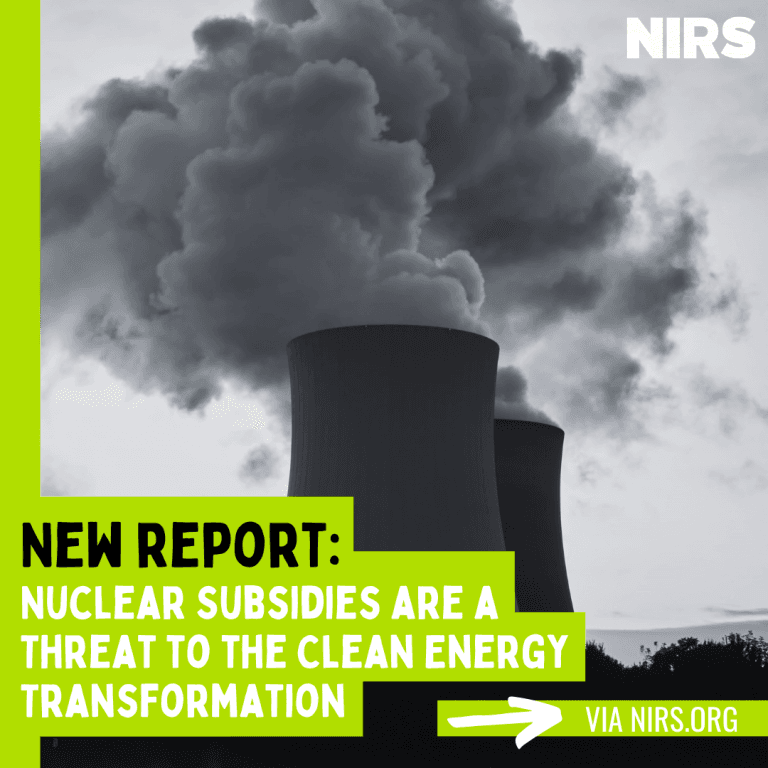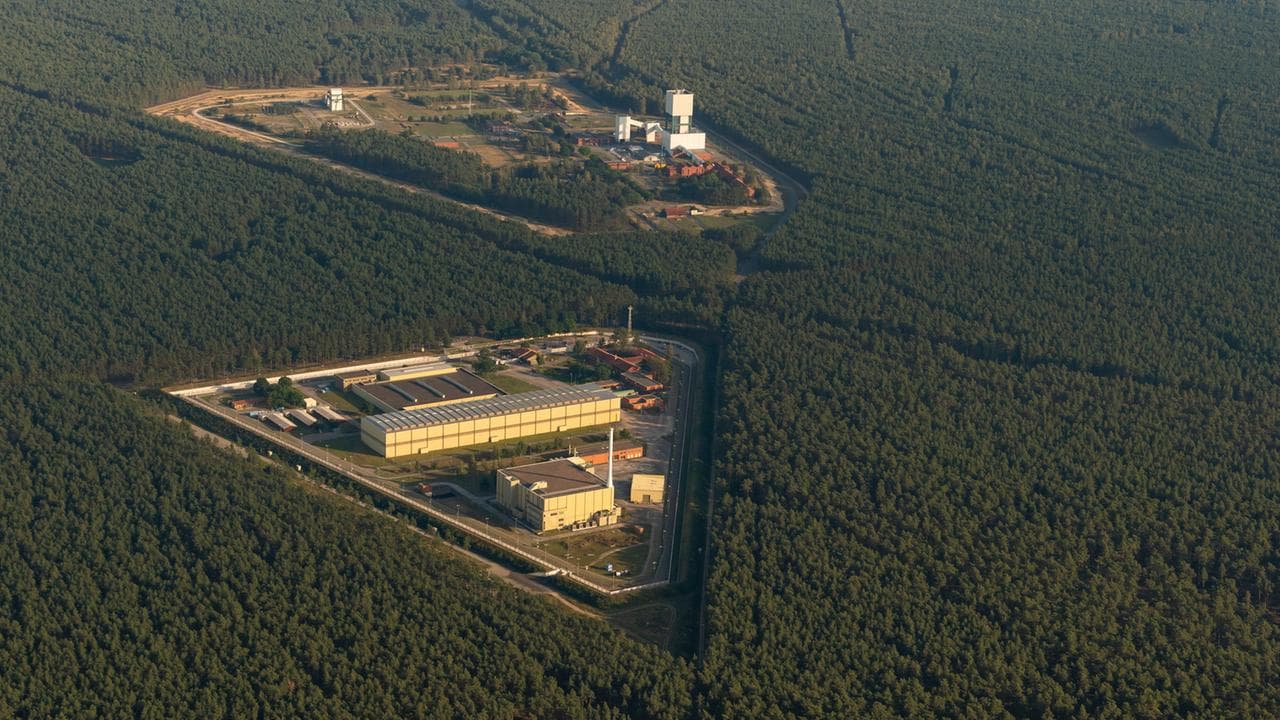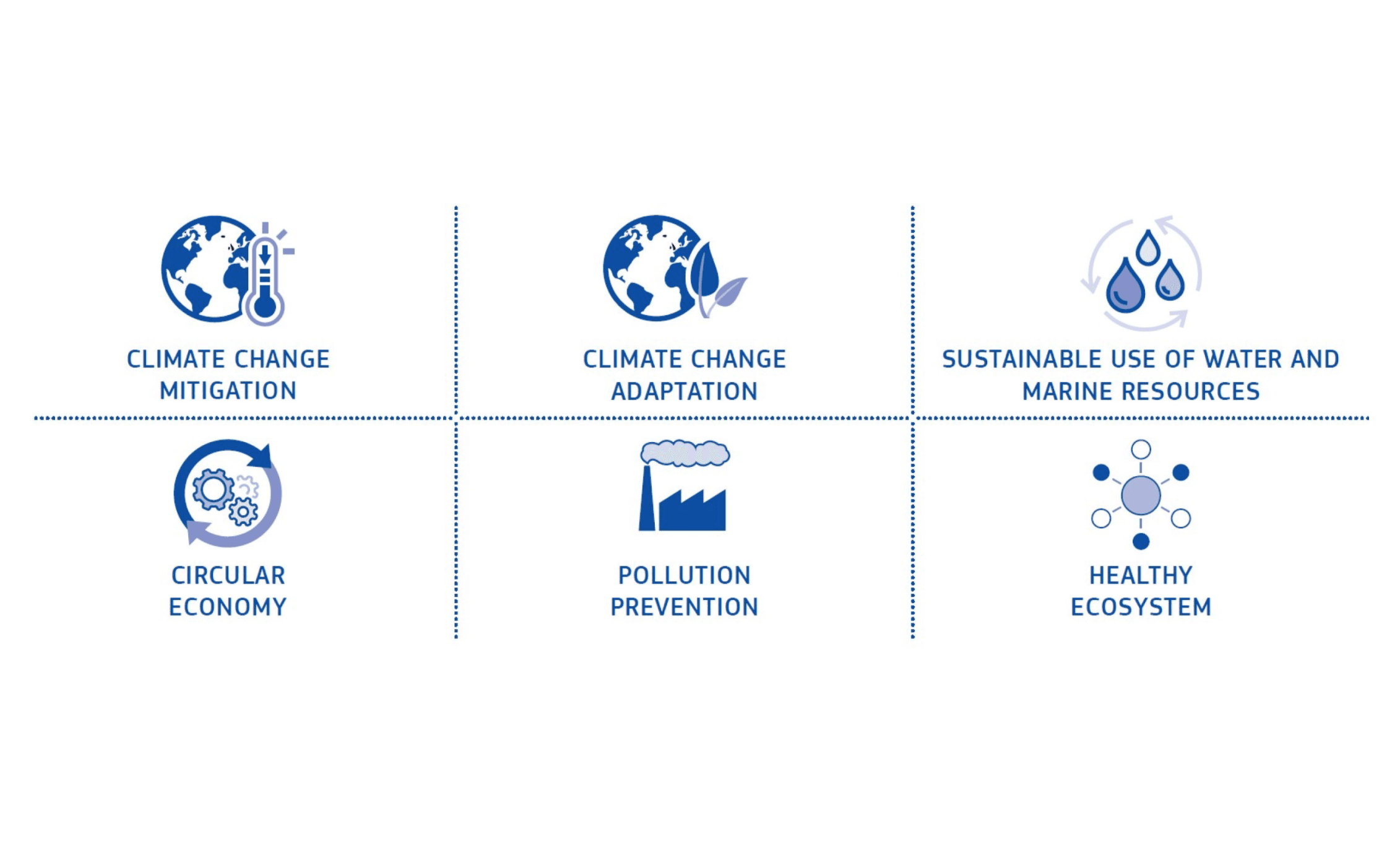No Nuclear Industry Subsidies
Nuclear Subsidies - an unnecessary Threat

New report by Dr Mark Cooper
Proposals from the White House and Congress would invest up to $50 billion dollars in subsidies for aging, uneconomical nuclear power plants over the next decade.
A new report by economist and consumer advocate Dr. Mark Cooper shows that these subsidies for nuclear energy would undermine the goals of President Biden’s infrastructure and climate plans. In contrast to renewables, subsidizing aging nuclear reactors and other false solutions would obstruct the transition to a zero-emissions energy system and squander the economic and environmental benefits that such a transition would yield.
Dr. Cooper’s report concludes that the best investment for climate, jobs, and the economy is in a to a renewable, modern energy system, phasing out nuclear power along with fossil fuels. Focusing on the transition to 100% renewable energy will feed a virtuous cycle of job creation, climate protection, technological innovation, and cost reduction.
“Dr. Cooper’s report shows conclusively that subsidizing nuclear power will compromise President Biden’s goals for the American Jobs Plan,”
said Tim Judson, executive director of NIRS.
“Billions of dollars for old nuclear power plants will block renewable energy and real solutions to climate change. It will not create a single new job, and prevent the creation of thousands more jobs. And it will prolong racial and economic injustice, subsidizing radioactive waste while keeping energy costs high. We can create a just, equitable, thriving economy and solve the climate crisis by investing in renewable energy and modernizing our electric grid, but not if we keep bailing out nuclear energy.”
Key Conclusions:
- A sound energy and economic policy must be founded upon a rapid transition to 100% renewable energy, energy efficency, and a modern, smart electricity grid.
- Advances in renewable energy now make it possible to both grow an equitable economy and phase out greenhouse gas emissions at the lowest cost
- Policy makers and regulators must pursue this path to the fullest extend possible, in pursuit of decarbonistaion, economic developement, pollution reduction, public health and protection of the environment.
Read more on NIRS


